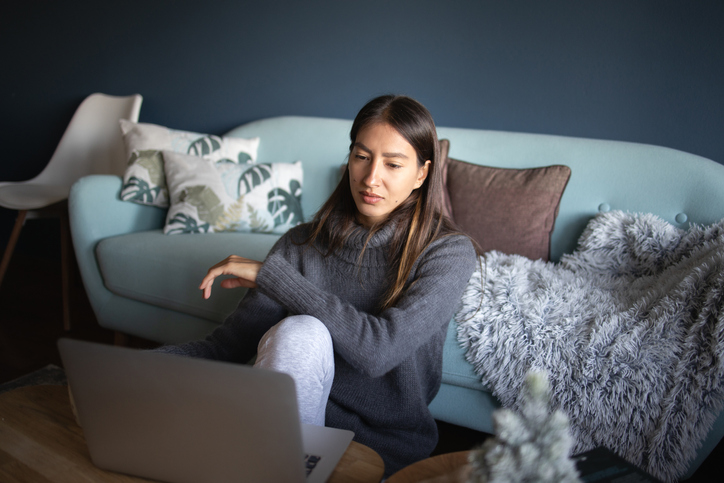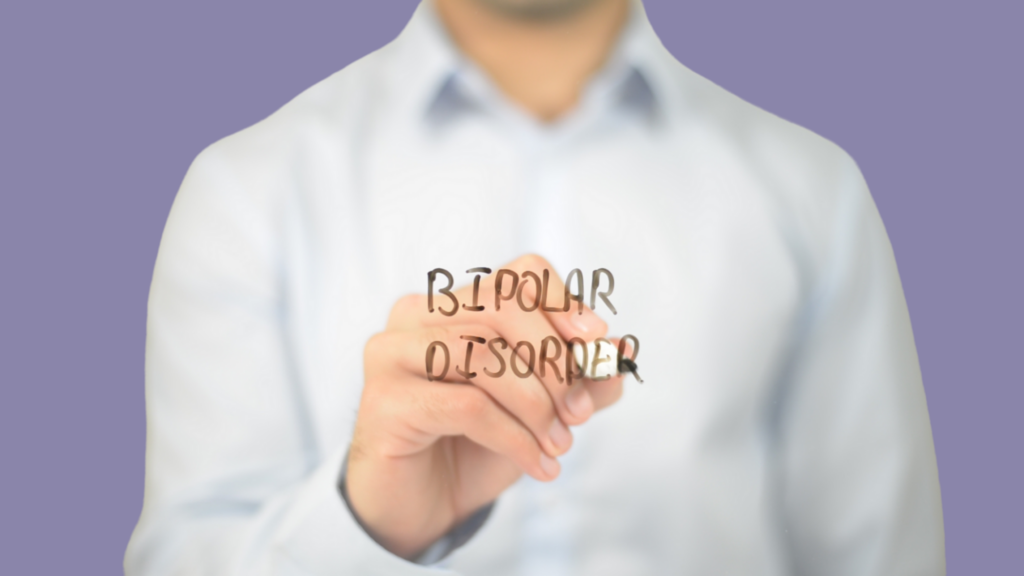

Choosing to start therapy is an excellent step in prioritizing your mental health. If you are new to therapy, though, it is completely normal to feel a bit nervous or unsure about what to expect. So here are some tips on how to prepare for first therapy session.
1. Learn about the type of therapy you will be receiving
Before your first therapy appointment, you may wish to do some research on the type of therapy you’ll be receiving. There are several types of talk therapy, and each has a distinct approach.
A few examples of common psychotherapy methodologies include:
- Cognitive Behavioral Therapy (CBT): This type of therapy focuses on identifying and changing negative thought patterns and behaviors that contribute to mental health issues. CBT is often used to treat anxiety, depression, obsessive-compulsive disorder, and other conditions.
- Dialectical Behavioral Therapy (DBT): This type of therapy helps individuals regulate their emotions, improve their relationships, and develop coping strategies for stress. In DBT, individuals learn to accept their feelings and behaviors, while also learning skills to manage these emotions and make positive changes in their lives.
- Psychodynamic Therapy: This type of therapy explores how past relationships and experiences, often from childhood, shape our current thoughts and behaviors. Self-reflection and self-examination are cornerstones of psychodynamic therapy, which can be effective in a variety of conditions.
By understanding the different types of therapy, you can have a better idea of what to expect during your first therapy appointment.
2. Prepare Questions to Ask Your Therapist
It is important to come to your initial session with an open mind and a willingness to explore your thoughts and feelings. However, it is also okay to have some questions prepared to ask your potential therapist. This can help you get to know your therapist better and can also help you feel more comfortable during the initial session.
- Can you tell me a bit about your background and experience as a therapist?
- How do you approach therapy with your patients?
- What should I expect during our therapy sessions?
- How often will we meet, and for how long?
- What are your thoughts on medication for mental health issues?
- How can I measure progress and determine if the in-person or online therapy is working for me?
- How can I reach out to you if I have an urgent concern or need to reschedule an appointment?
- Are there any particular topics or issues that you specialize in?
Of course, these are just examples, and you should feel free to ask any questions that you have. Your therapist will ask you some questions as well to get to know you better and understand your needs and goals for therapy.
3. Be Honest During Your First Therapy Session
Your therapist is there to help you, so it is important to be honest and open about your thoughts, feelings, and past experiences. It may initially feel intimidating to share your innermost thoughts and emotions with them, but your potential therapist is trained to handle your concerns with care and compassion.
To help you feel more comfortable sharing difficult information, your therapist may use techniques such as active listening, empathy, and validation. They may also encourage you to set the pace for the conversation and share only what you are comfortable with discussing.
It can be helpful to take some time before your first session to reflect on your thoughts and emotions. Consider writing down any concerns, fears, or issues that you want to discuss with your therapist. This can help you organize your thoughts and feel more prepared to discuss difficult topics with the mental health professional.
Remember that therapy is a collaborative process, and your therapist is there to support you and help you work through your issues. Being open and honest can be difficult, but it can also be incredibly rewarding and can lead to positive changes in your life.

4. Set Realistic Goals for Therapy
Therapy is a process, and it is important to set realistic goals for yourself. Talk to your therapist about what you hope to achieve through individual therapy, and work together to develop a plan that can help you reach those goals.
Everyone’s therapy goals will be different, but you might consider the following examples as a starting point for creating your own goals:
- Developing coping skills for managing anxiety, depression, or other mental health issues
- Improving communication and relationships with family, friends, or romantic partners
- Gaining insight into past experiences and traumas to improve emotional well-being
- Developing a better sense of self-worth and self-esteem
- Reducing symptoms of post-traumatic stress disorder (PTSD) or other trauma-related conditions
- Learning strategies for managing stress and improving work-life balance
- Developing healthier habits and patterns of behavior
- Improving overall emotional well-being and life satisfaction
You may also not have specific goals developed when you attend your first session, and that is normal as well. In fact, the therapy process can be a helpful tool for exploring your thoughts and feelings and discovering what goals might be most important for you. Your therapist can work with you to identify your strengths and challenges and help you set realistic goals based on your unique needs and circumstances.
5. Come to Your First Therapy Session with an Open Mind
Finally, it is important to keep an open mind during your therapy sessions. Therapy can be challenging, and you may encounter ideas or emotions that are uncomfortable or unfamiliar. However, by keeping an open mind and a willingness to explore new ideas, you can make the most of your therapy experience.
Your first therapy session can be a bit intimidating, but by following these tips, you can feel more prepared and confident. At Geode Health, we are committed to providing high-quality, evidence-based therapy services that can help you achieve your goals. Whether you are looking for face-to-face or virtual care, we are here to help you every step of the way. Find a therapist in your area to get started.
We have a therapist in Gainesville, GA, psychiatrist in Elmhurst, IL and more. Our team is here to assist you on your journey to better mental health.
We have a therapist in Gainesville, GA, therapists in Plano TX, psychiatrists, psychiatrist in Elmhurst, IL, and beyond. Find the Geode Health location nearest you! Our team is here to assist you on your journey to better mental health.


